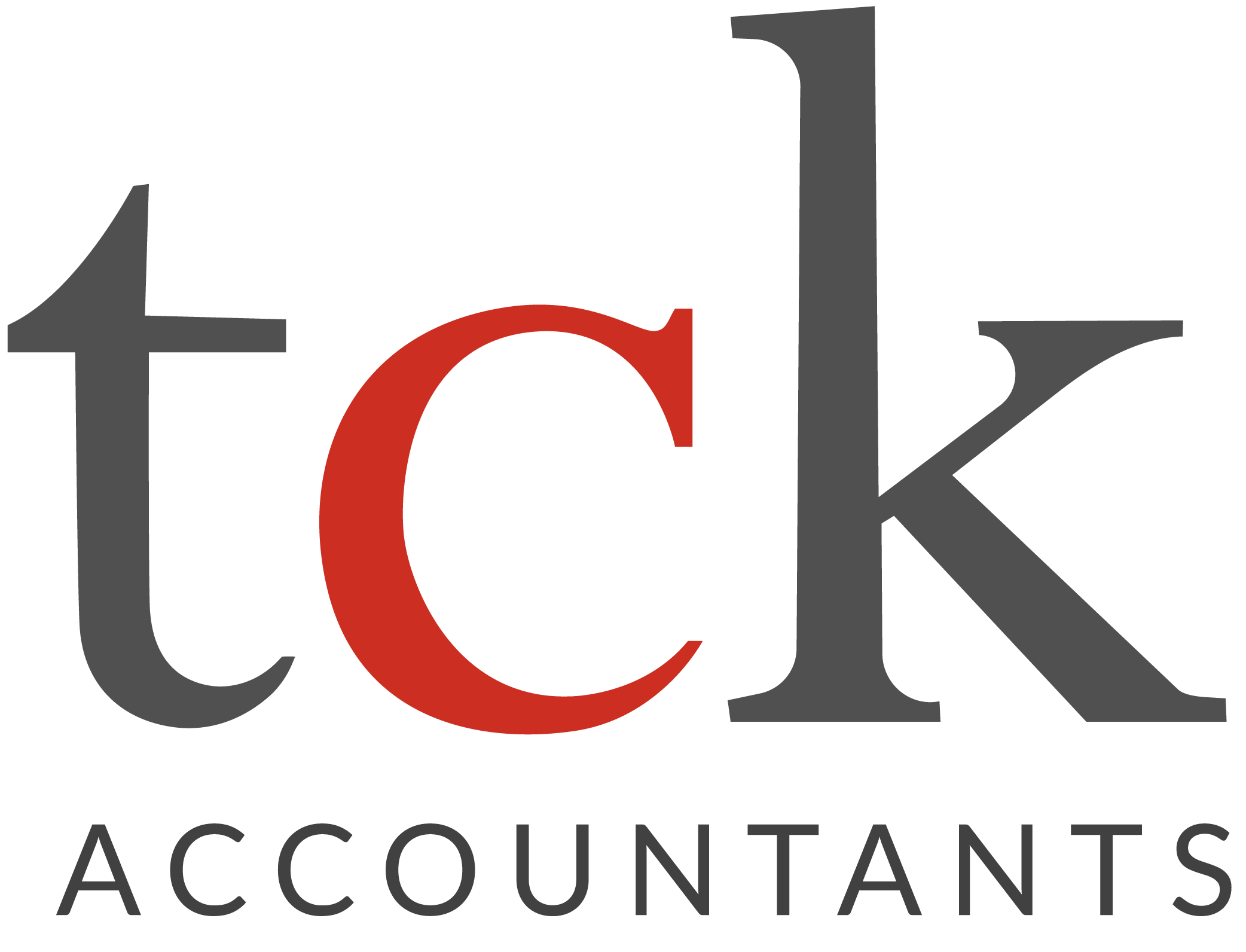All employees are able to claim deductions for work related expenses. However, the reality for many office workers is that either there aren’t any expenses related to their work or their employer covers the cost of these expense. The key elements for claiming work related expense are that:
- you must have spent the money and you weren’t reimbursed
- the expense must be directly relate to earning your income
- you must have a record to prove it (usually a receipt).
You can use the myDeductions tool in the ATO app to help keep track of your work-related expenses. It’s an easy way to capture information on the go and makes tax time quicker. You can upload expenses to your tax return or if you use a Tax Agent send through a summary report.
So what can you claim? We run through some of the key expenses here.
Car expenses & Travel Expenses
See our separate blog for a detailed explanation on when you can claim car expenses and the specific recording keeping requirements for these.
For travel expenses, if you are required to travel for work and your employer doesn’t reimburse your expenses you can claim flights, accommodation and meals. There are reasonable limits that apply and alcohol is a no. You also need to be careful of any personal expenditure – choose to stay and extra day is considered personal and will impact on the deductibility of expenses incurred on that day, including the flight home.
Clothing and uniform expenses (including footwear)
You can only claim a deduction for specific uniforms. Despite what many people believe, you can’t claim a deduction for convention clothing (including footwear), even if your employer requires you to wear it (for example, the clothing store requiring you to purchase the latest season collection). Conventional clothing, is clothing worn by everyday people. For example, a suit is not specific to being worn in an office – it can also be worn at a wedding, function etc. Runners are not just worn for running and are worn every day as casual footwear.
You can claim a deduction for costs you incur to buy, hire, repair or replace clothing, uniforms and footwear you wear at work if it’s in one of the following categories:
- protective clothing (Eg. steel cap boots for a tradesman)
- occupation specific clothing (e.g Chef clothing)
- a compulsory uniform, that your employer strictly and consistently enforces you wear by workplace agreement or policy and distinctly identifies either
- you as an employee working for a particular employer
- the products or services your employer provides
- a non-compulsory uniform, that your employer listed on the Register of Approved Occupational Clothing with AusIndustry.
A good example is that lawyers are able to claim robes and wigs worn in court.
If you are able to claim for clothing you should also be able to claim for dry-cleaning/washing of the clothing.
Did you know: ABBA’s outlandish costumes were to ensure they would be able to claim the clothing as a deduction for tax purposes.
First aid courses
You can claim a deduction for the cost of first aid training courses if you are both a designated first aid person and need to complete a first aid training course to assist in emergency work situations.
You can’t claim a deduction if your employer pays for or reimburses you for the cost of the course.
Glasses, contact lenses and anti-glare glasses
We’re often asked if prescription reading glasses are tax deductible. The answer is no. Reading glasses are considered a medical or personal expense. Glasses cannot be claimed in your tax return unless it’s protective wear such as sunglasses, or the kinds of safety eye protection used on worksites etc (ie. Not the type office workers would wear!)
Home Office
While most people think they can claim the electricity/water/etc. for the hours they work from home, the calculation that is required is largely impractical. In addition, if other people also use the space/power/heating at the same time as you – it is also not claimable as there is no “additional” cost as a result of your working from home. Further claiming running costs only applies if you had a specific office space from which you worked.
Rent is only claimable if you are running a business from home, and not for an employee working at home.
We recommend that for most clients, the best result is obtained by using the ATO Fixed Rate Method. This method allows a deduction of 52c per hour worked from home. To use this method, you need to have a dedicated work area, such as an office, at home. This rate is to cover office furnishings, electricity/gas for heating and cooling and repairs to home furnishings. To claim using this method, you must keep records of either:
- your actual hours spent working at home for the year
- a diary for a representative four-week period to show your usual pattern of working at home.
As a result of COVID, the ATO has also introduced a Short Cut method which is available in the 2021 financial year. This method applies a deduction of 80c per hour worked from home and covers:
- phone expenses
- internet expenses
- the decline in value of equipment and furniture
- electricity and gas for heating, cooling and lighting.
This method does not require a dedicated office space, like the Fixed Rate method but you do have the same record keeping requirements.
Newspapers and other news services, magazines and professional publications
You can claim a deduction for the cost of buying or subscribing to a professional publication, newspaper, news service or magazine if you can show:
- a direct connection between your specific work duties and the content
- the content is specific to your employment and is not general in nature.
If you use the publication for work and private purposes, you can only claim the portion related to your work-related use.
Parking fees and tolls
You can claim a deduction for parking fees and tolls on work related trips. This does not include home-work travel or parking near your place of employment
Phone, data and internet expenses
You can claim a deduction for phone, data and internet costs for the work-related use of your own phone or electronic devices.
If your phone, data and internet use for work is incidental and you’re not claiming more than $50 in total, you do not need to keep records.
If you claim more than $50, you need to keep records to show your work use. For example, an itemised bill where you can identify your work-related calls and data use.
You can’t claim a deduction if your employer:
- provides you with a phone for work and pays for your usage
- reimburses you for the costs you incur.
With the increased use of phone and internet costs due to home working, the ATO will be putting greater emphasis on these requirements. The ATO can, and does, call employers to ask whether you are required to use your personal phone. Under a review, they may also ask about your phone/internet usage habits such as whether you have streaming services at home – which would use a higher percentage of data.
Self-education and study expenses
Self-education and study expenses can be deductible where they are related to your existing employment and either:
- Maintains or improves your skills knowledge requirement for your existing position
- Are likely to result in an increased income from your existing employment.
You cannot claim education expenses leading to a career change, even if that change would result in an increase in income.
Seminars, conferences and training courses
You can claim the cost of seminars, conferences and training courses that relate to your current employment. You can also claim the cost of travel, accommodation and meals (only if staying overnight) of attending such events. You may need to apportion costs if there are any private aspects of the costs (e.g. staying an extra night at the accommodation).
Taxi, ride-share, public transport and car hire
You can claim the cost of taxis etc if required to travel in the course of your employment (eg. to visit a client).
Tools and equipment
You can claim the cost of tools equipment required to perform your job that are not reimbursed by your employer. For example, computer equipment.
If the tool/equipment costs more than $300 you will be required to depreciate the costs and apportion the deduction over multiple years.
You will also be required to apportion the deduction for any private use of the asset.
Union and professional association fees
You can claim a deduction for union and professional association fees you pay. You can use your income statement as evidence of the amount you pay if it’s shown on there.

